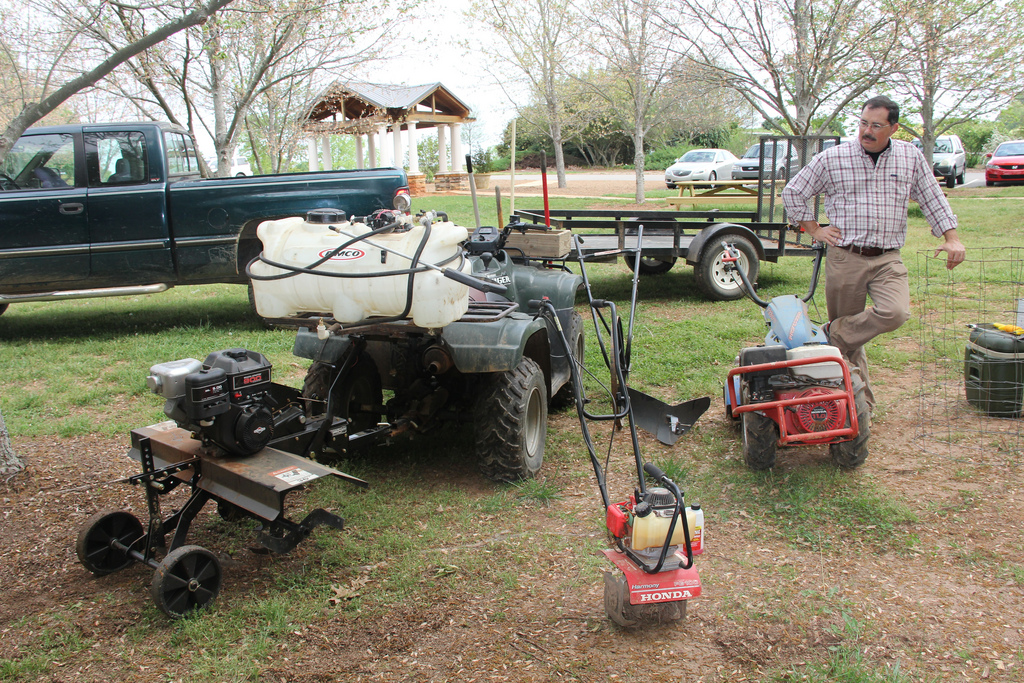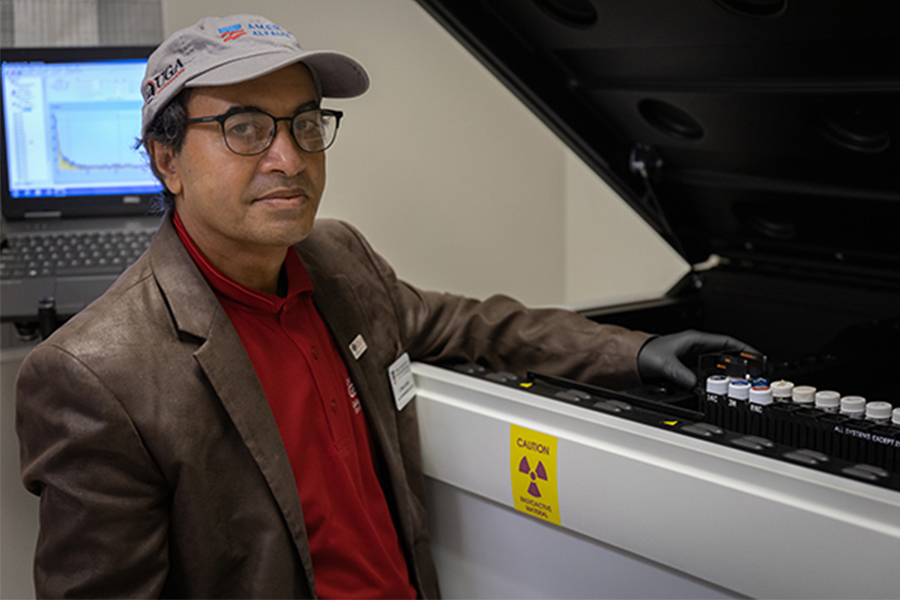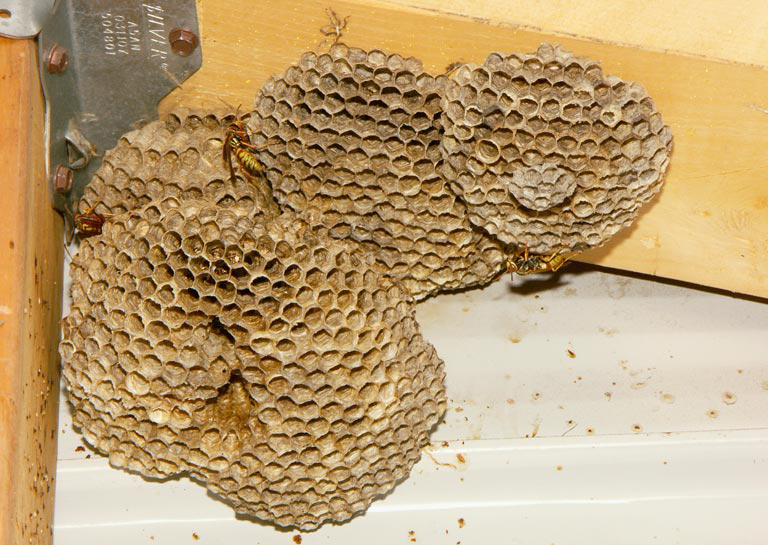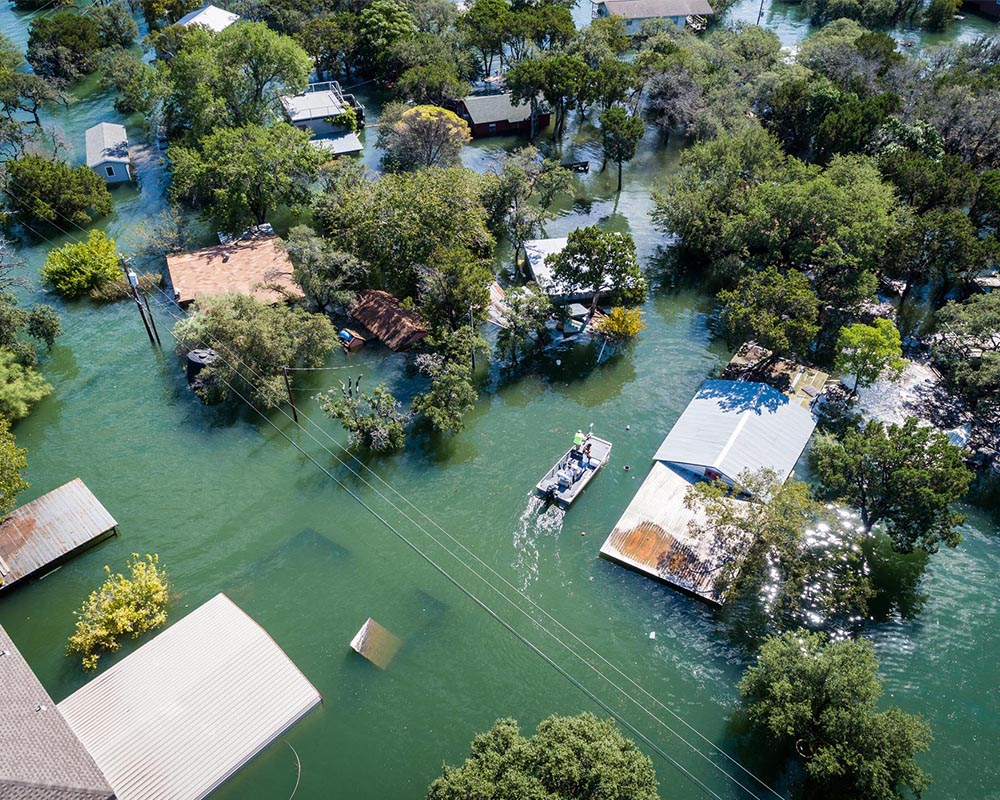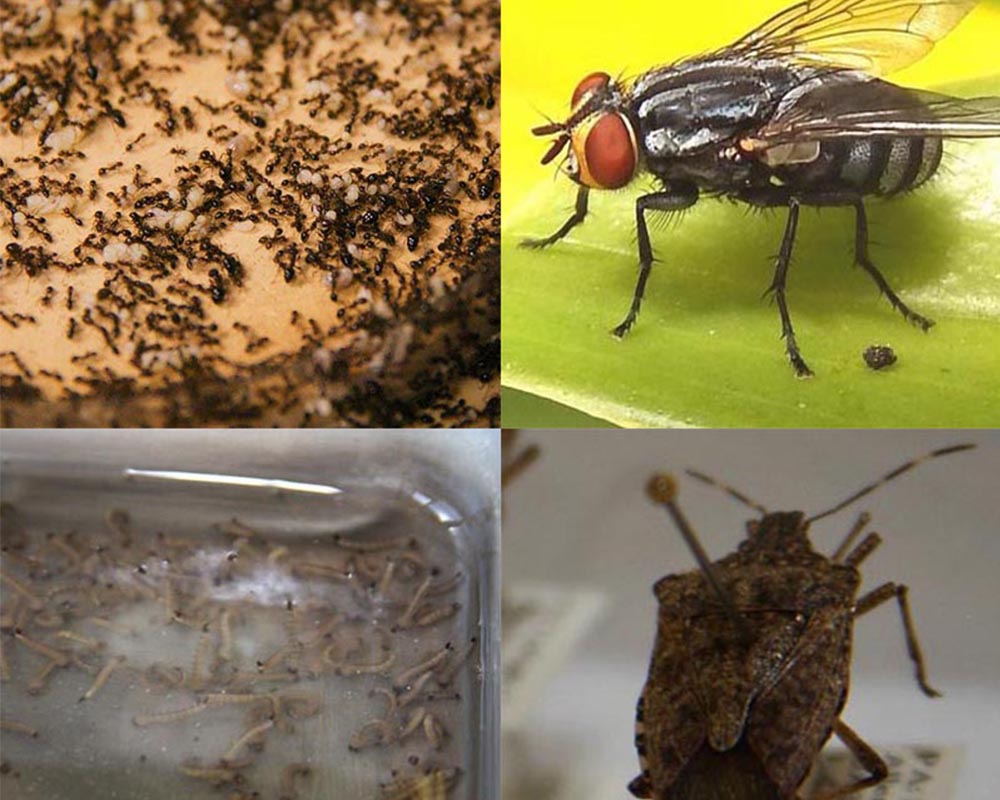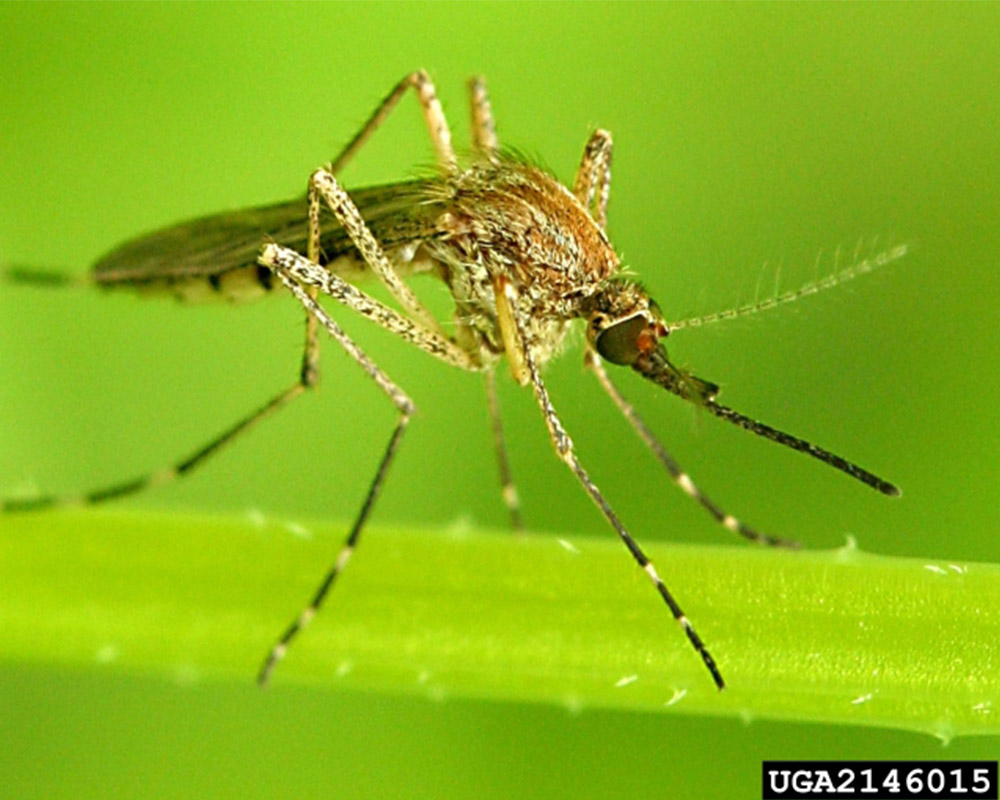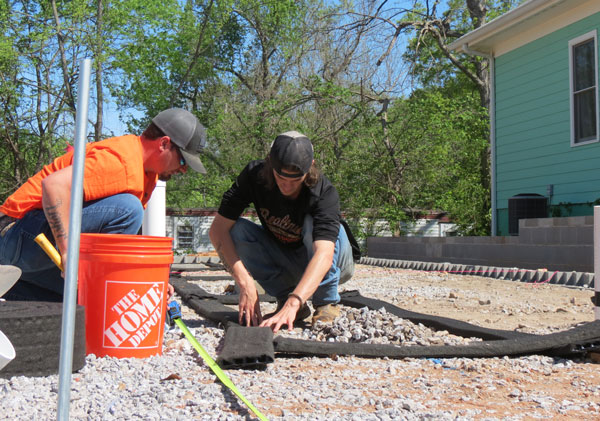 CAES News
CAES News
Test home for radon
The leading cause of lung cancer among non-smokers is radon, a naturally occurring, odorless gas that is common to much of Georgia. Radon claims 21,000 lives annually, including around 800 in Georgia.

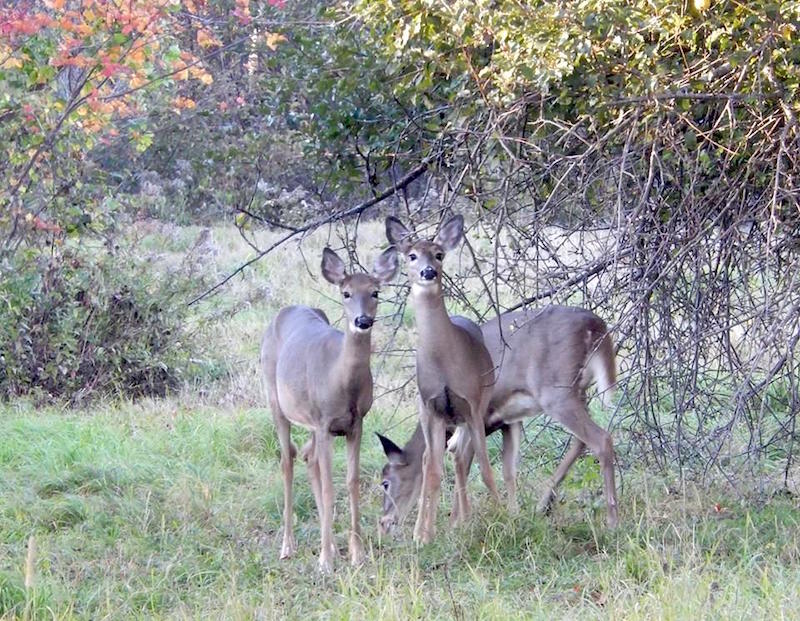
.png)
